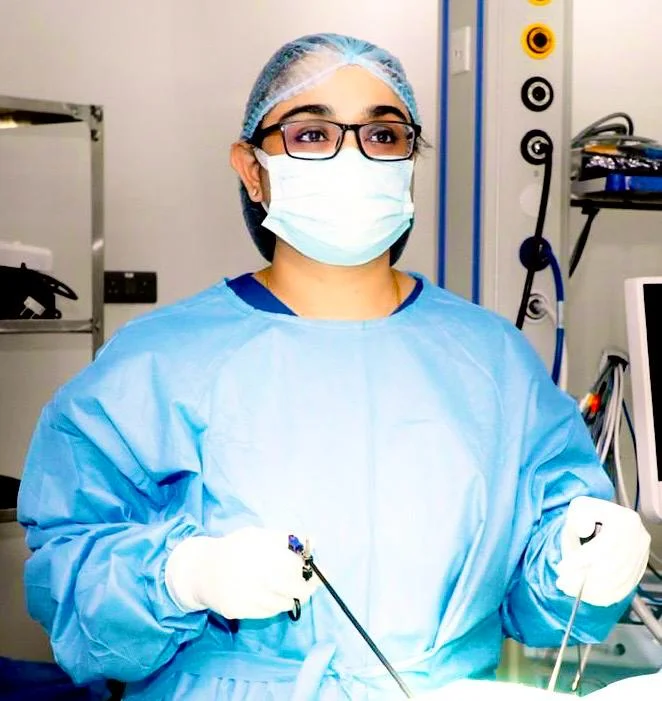About Us
Dr. Renu Sharma is a highly accomplished and dedicated Obstetrician and Gynecologist in Indore, with an impressive academic and professional background. She completed her MBBS and M.S. in Obstetrics and Gynecology, earning a Gold Medal for her outstanding performance. Dr. Sharma further pursued her passion for advanced laparoscopic surgery and obtained the FMAS (Fellowship in Minimal Access Surgery) certification.
Why Choose Us?
Care Backed by Expertise and Experience
Dr. Renu Sharma, a Gold Medalist in Obstetrics & Gynecology with FMAS training, brings top-tier experience from leading hospitals like Medanta, Bombay Hospital, and Vishesh Jupiter.
Committed to Women’s Wellness
With Dr. Renu Sharma, you’re choosing more than a gynecologist in Indore—you’re choosing a team that truly cares about your well-being.
Personalised Care with Latest technology
We offer personalized, advanced care for every woman—from routine check-ups to gynecological surgery in Indore. Your health is our priority.
Gentle, Minimally Invasive solutions
Your comfort matters. We use minimally invasive procedures like laparoscopy and hysteroscopy to ensure faster recovery and less discomfort—offering top care with less stress.
Holistic Support & Counseling
We go beyond treatment—offering emotional support, lifestyle guidance, and cancer care counseling to help patients and families through every stage.
Founder of Gynae Onco Care Foundation
Dr. Renu is the visionary behind the Gynae Onco Care Foundation—an initiative dedicated to raising awareness, promoting early detection, and supporting women.
Your Health Our Tips
Our Services
We provide comprehensive gynecological care, addressing a wide range of women’s health needs. From routine check-ups to complex surgeries and cancer treatments, our priority is your comfort, safety, and long-term well-being. We’re committed to guiding you through every step with clear and compassionate care.
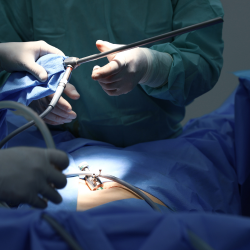

Laparoscopic Surgery
Laparoscopic surgery for benign gynecological conditions is a minimally invasive technique used to treat non-cancerous issues affecting the female reproductive organs.

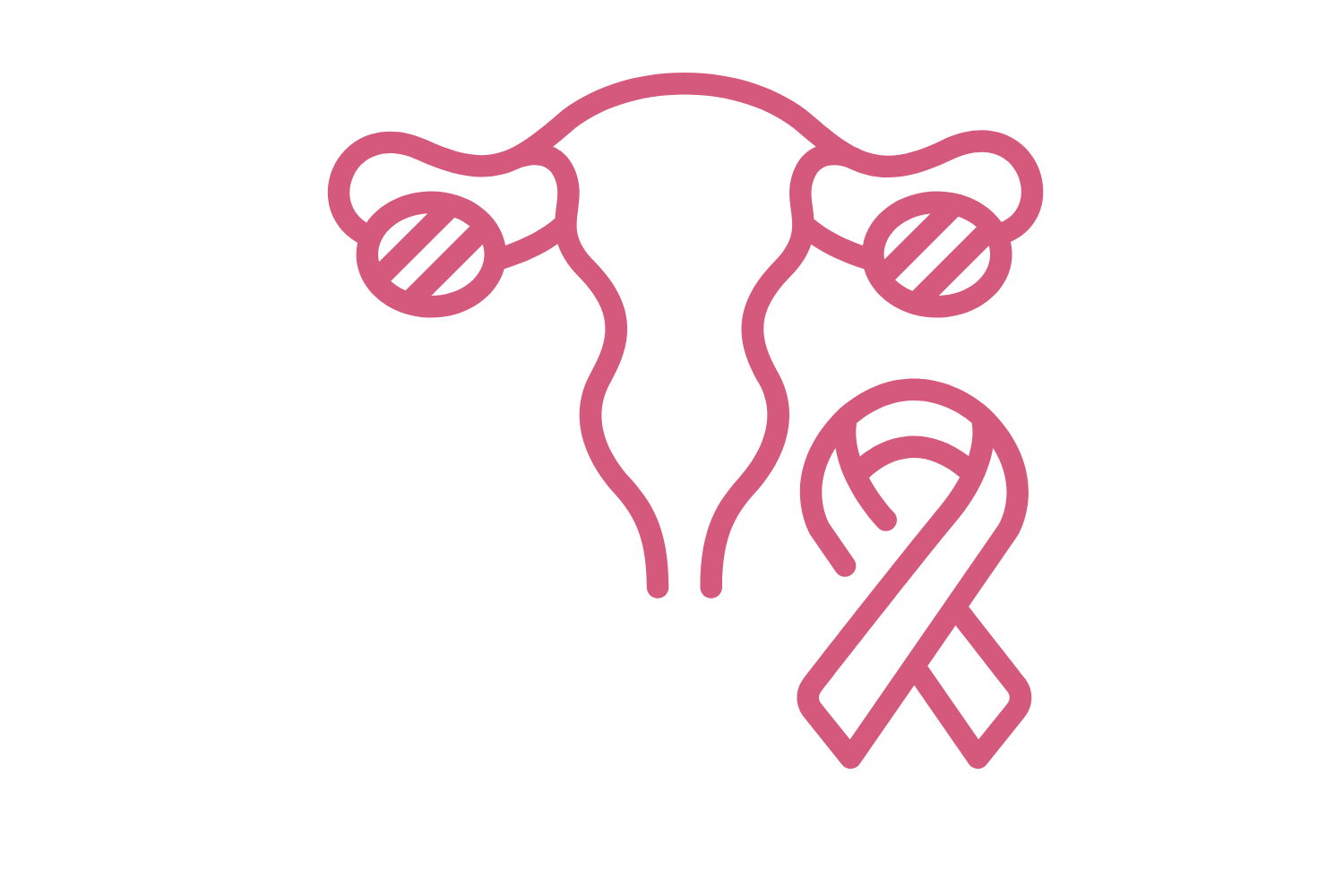
Ovarian Cancer
Ovarian cancer develops in the ovaries, which are responsible for producing eggs and hormones such as estrogen and progesterone.
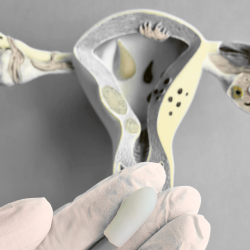
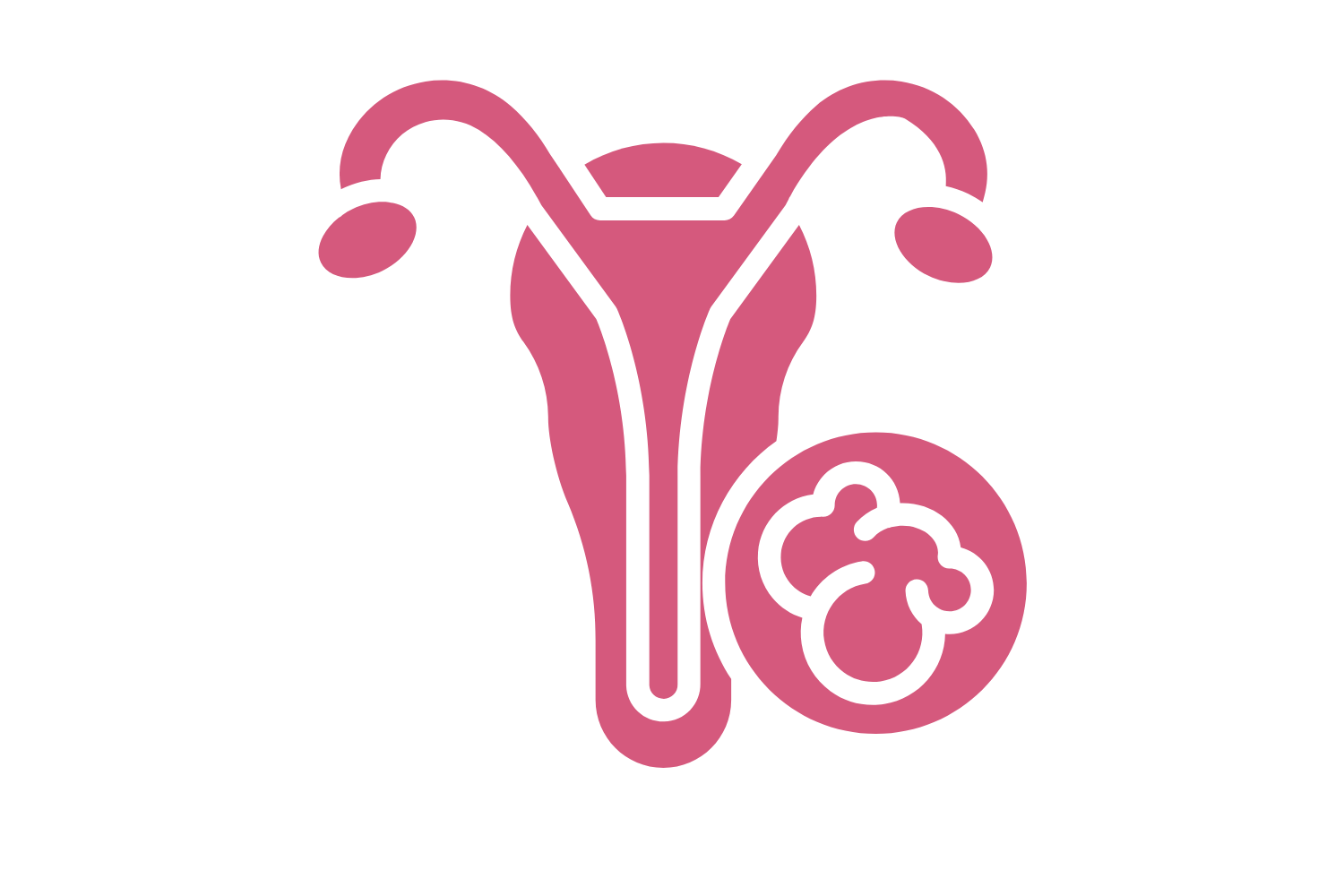
Vaginal Cancer
Vaginal cancer is a rare malignancy that occurs on the external part of the female genitalia.
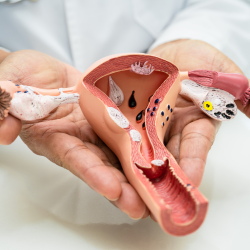
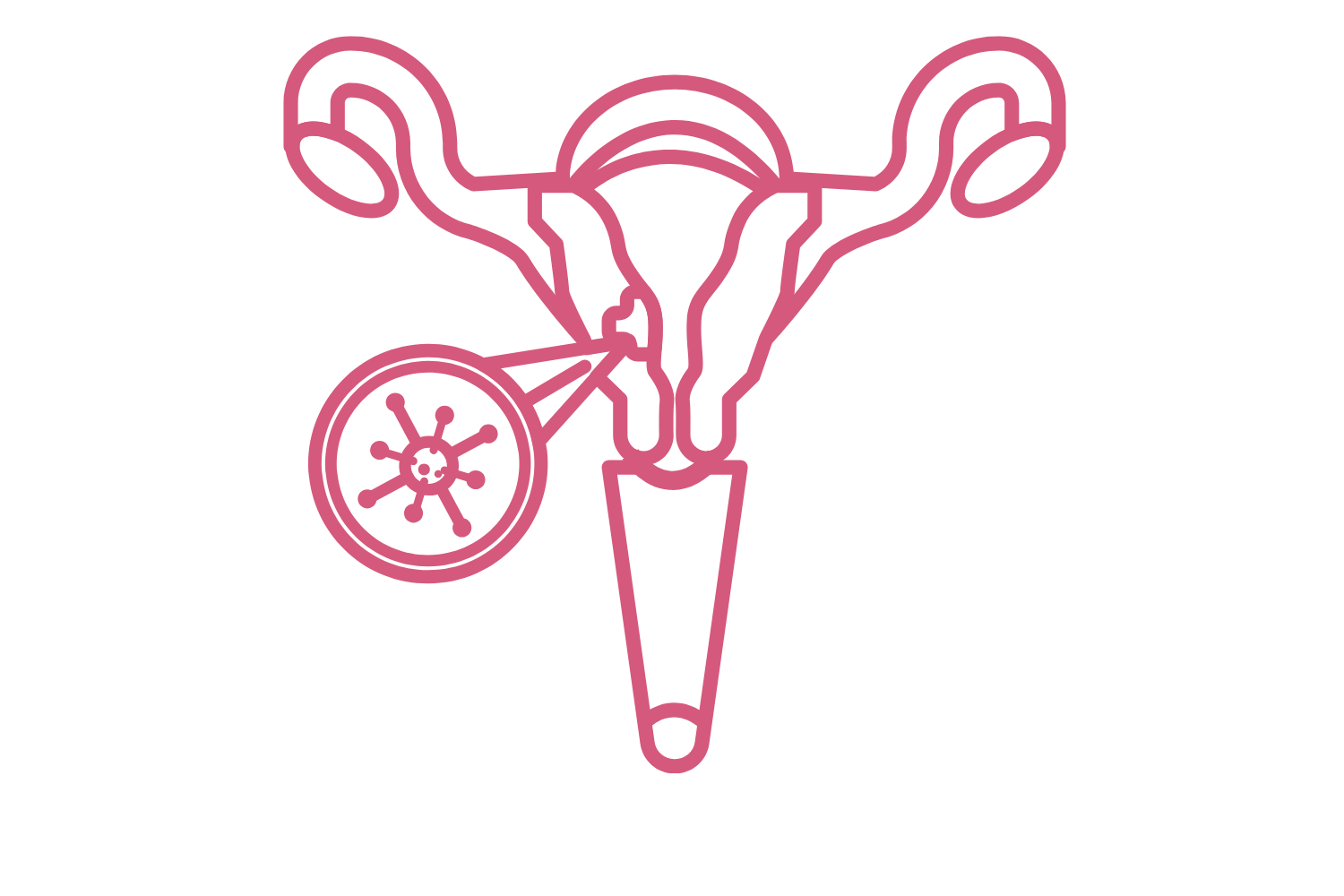
Uterine Cancer
It is the most common gynecologic cancer, primarily affecting women After Menopause, though it can occur at any age.

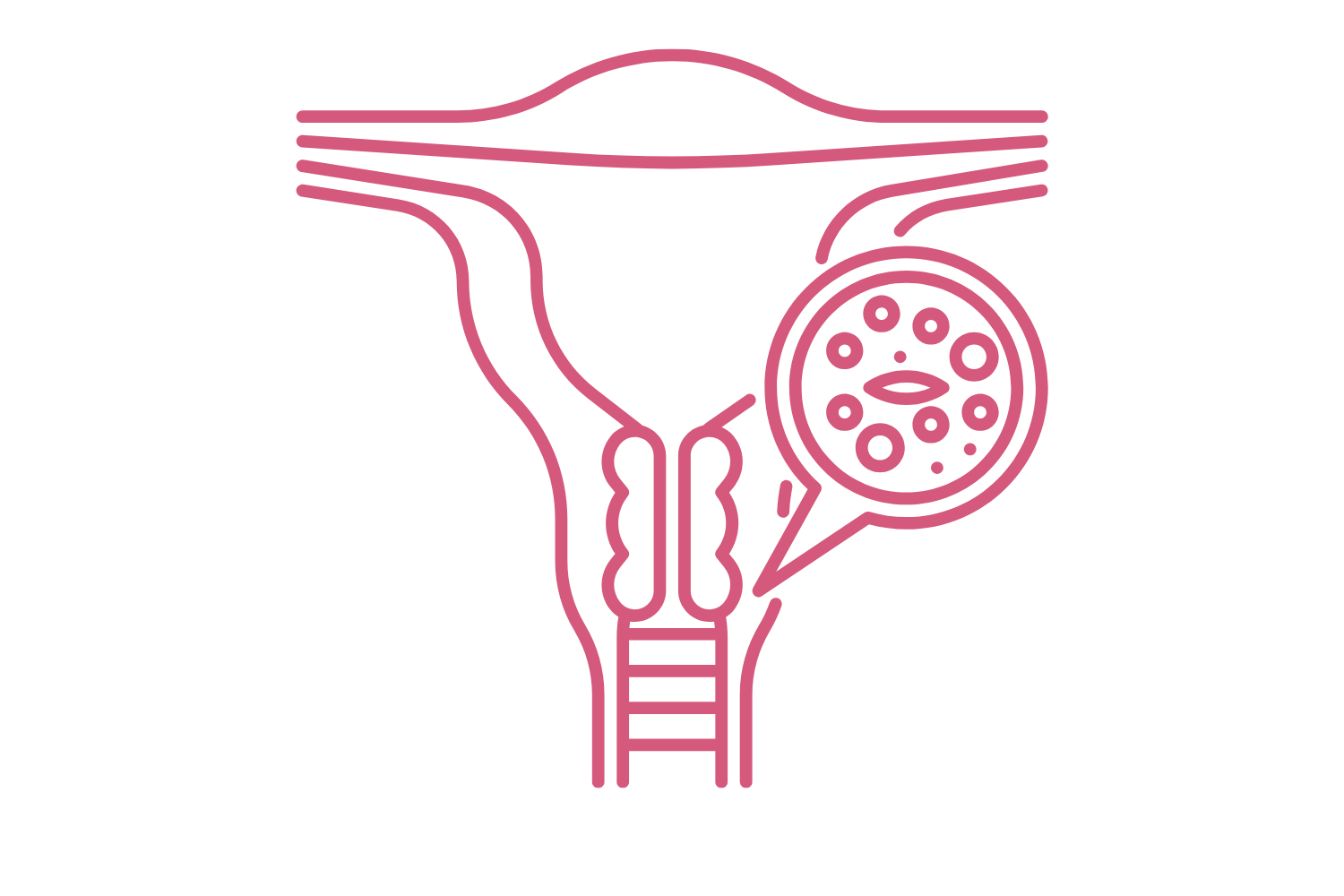
Cervical Cancer
Cervical cancer develops in the cervix, often due to long-term infection with specific types of the Human Papillomavirus (HPV).
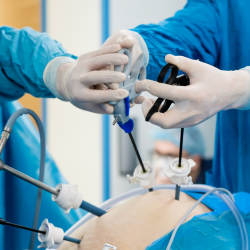

Laparoscopic Vaginoplasty
Laparoscopic vaginoplasty is a minimally invasive procedure used for vaginal reconstruction or creation.

Protecting What Matters Most—Your Health, Your Confidence, Your Cervical Wellness.
24/7 service. Same Day Appointments are Available.
